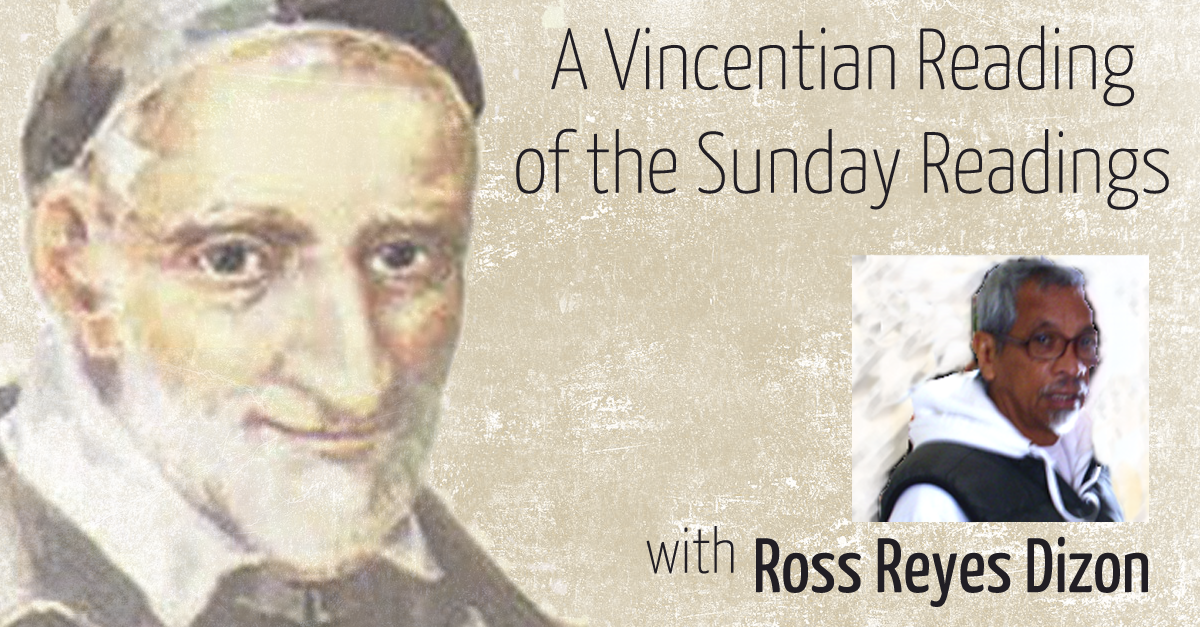In Jesus dwells all the fullness; those who treat the helpless with mercy are surely partakers of his fullness.
“And who is my neighbor?” asks a scholar of the law who wants to justify himself. He is also one of those experts who like to test Jesus. They think they have the fullness of all that one needs to know about the law.
Jesus answers with a parable that does not fail to affirm the teaching:
Do not think I have come to abolish the law or the prophets. I have come not to abolish but to fulfill.
The Samaritan, unexpectedly, is the one who fulfills the law to its fullness. He does so better than the priest and the Levite. The righteousness of the half-pagan, unclean in the eyes of the Jews, surpasses the righteousness of the first two who are, by profession, observant Jews. Without doubt, the Samaritan represents Jesus.
Jesus takes pity on the crowds, abandoned like sheep without a shepherd. Hence, he decides to pasture them himself. He looks for the lost sheep and gathers the astray. He bandages the wounded and cures the sick. He goes around proclaiming the Gospel of the kingdom and curing every disease and illness. Like the prodigal son’s compassionate father, Jesus welcomes sinners with tender mercy. He is near to those in need, a neighbor to them.
In contrast to those who have come before him to steal, slaughter and destroy, Jesus comes so that the sheep may have life. He takes pity on the widow of Nain, and he immediately raises her son back to life. Lazarus’ death troubles him deeply, so he commands his dead friend to come out of the tomb. And so that the sheep may enjoy life to its fullness, the Good Shepherd lays down his life for them.
Death becomes inevitable for the one who cannot remain indifferent in the face of so much misery.
That is because religious practitioners of strict observance cannot tolerate Jesus’ pastoral approach. He associates, for example, with sinners and outcasts. He also heals on the Sabbath. No, he does not let the law annul mercy. Nor does he put the letter ahead of the spirit; the letter kills and stifles the spontaneity of the spirit. Insisting on justice, mercy and faithful neighborliness, he ends up crucified because of the active intervention on the part of those who neglect the weightier matters of the law.
Jesus gives his body up and sheds his blood. He thus reveals the fullness of God’s love for sinful and half-dead humanity. All those who do the same as the Good Samaritan receive justification from such fullness. We can never justify ourselves. Justification means being full of Jesus Christ (cf. SV.EN I:276).
Lead us, Lord, to the fullness of salvation.
July 10, 2016
15th Sunday in O.T. (C)
Dt 30, 10-14; Col 1, 15-20; Lk 10, 25-37








0 Comments